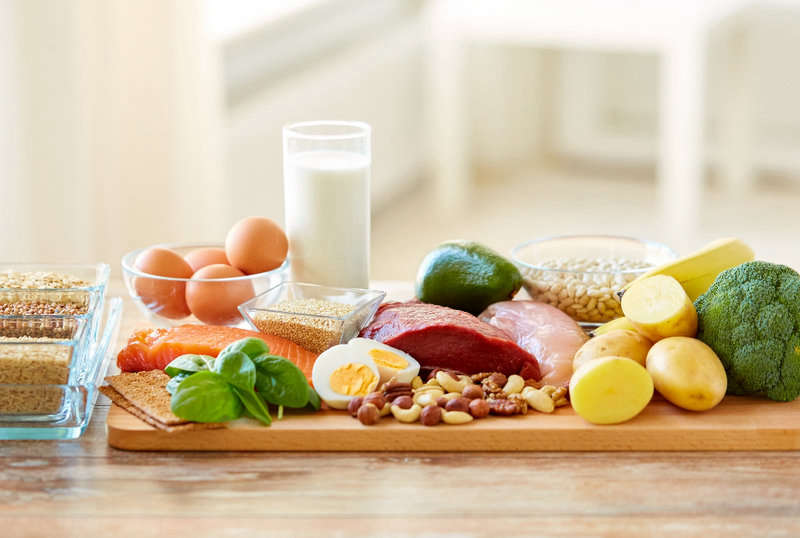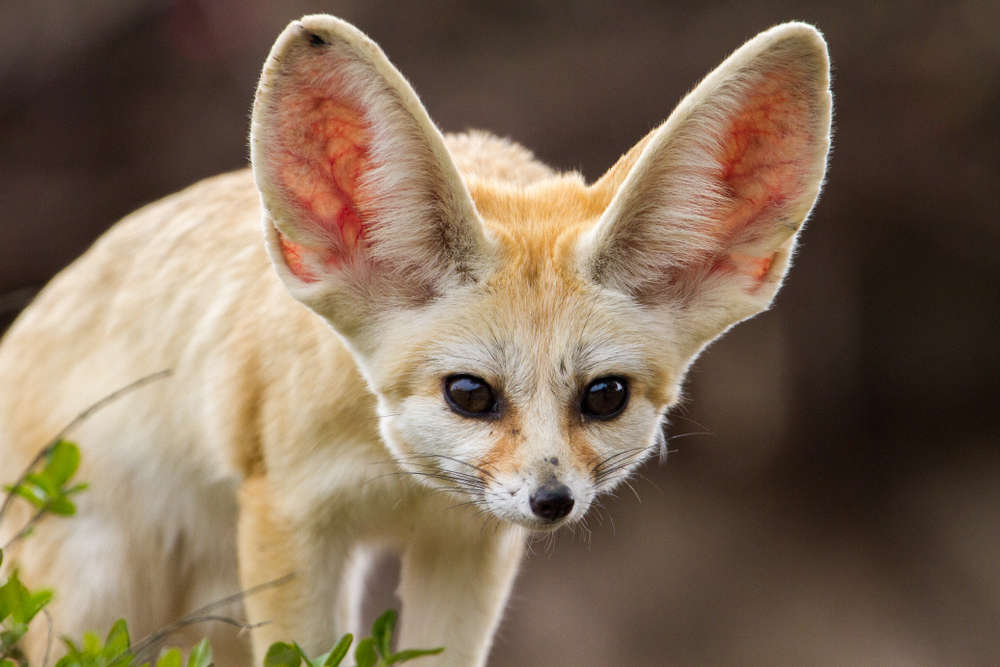
Research published today has found that one in 20 Brits think ice cream, wine and biscuits count toward their plant-based food consumption - our nutritionist has some advice.
- Three in 10 people don’t realise fruit counts as a plant food.
- 65% of people in the UK have just 10 or fewer plant foods in their diets each week – with experts suggesting we need three times as many.
- Fewer than half of us (41%) have a different meal every day of the week.
- Only two in every 100 people in the UK manage to eat 30 different plant foods in a typical week, despite research showing eating 30 can benefit our overall health and wellbeing.
The study, carried out by Yakult, looked into how diverse Brit's diets are. When it came to plant foods, many people seemed to be confused about what does and doesn’t count as a plant.
While 3 in 4 people correctly identified vegetables (79%), seeds (77%) and herbs (75%) as plant foods, over half (52%) did not know spices were a plant food - as well as 3 in 10 not realising fruit (34%), wholegrains (34%) or legumes (30%) such as beans and lentils also count.
In addition, one in every 20 people believed ice cream to be considered a plant food, with people also believing biscuits (9%), wine (9%) and chocolate bars (7%) were included.
Nutritionist, Kate Llewellyn-Waters, says:
“Eating a variety of plant foods, such as fruit, vegetables, wholegrains and even herbs and spices, has been proven to support good gut health.
“And research has found that individuals who enjoy more than thirty different plant foods a week have a more diverse gut, compared to those who ate ten or fewer.
“But it’s not just your gut that will benefit from more plant foods, as getting your servings of plant foods a week has also been shown to offer benefits for mood, weight and general health and wellbeing.”
Kate advises:
Eat the rainbow
Whilst including a variety of different plant foods in your daily diet is key, it is also important to aim for diversity in colours, too.
Focus on including lots of different coloured vegetables, fruit, legumes, herbs, spices and grains, since different colour foods contain different health-promoting plant compounds, known as polyphenols, which have been shown to enhance the growth of beneficial bacteria and promote gut health.
Feed good bacteria with prebiotics
As well as encouraging diversity, we can encourage the growth of specific, beneficial bacteria by consuming prebiotics.
Prebiotics are fibres that help to ‘feed’ beneficial bacteria, including Bifidobacteria.
Prebiotics are found in plant foods such as apples, bananas, cauliflower, garlic, onions, leeks and oats.
Enjoy plant foods other than fruit and veg
Upping your intake of plant foods doesn’t have to be difficult or expensive. It is not just the more obvious fruit and veg , but also legumes such as beans and lentils, along with wholegrains, nuts, seeds, herbs and spices.
Tinned and frozen count too
Good news, tinned legumes in water (check the label to ensure there is no added sugar) are an excellent, inexpensive plant-based protein source.
Legumes pack a nutritious punch as they are also loaded with essential nutrients, such as fibre, B vitamins, iron, calcium, potassium and immune-supporting zinc.
Buying fresh fruit and veg in season can keep costs down, however, when out of season frozen fruit and vegetables can be much cheaper.
Freezing is a highly effective way of keeping the nutrients intact, so you are still getting a significant concentration of nutrients.
And opting for different plant-food sources every day will ensure plenty of diversity in your diet.
Enjoy fermented foods daily
Additionally, including fermented foods in our diet can give our guts regular exposure to live bacteria.
Good food sources include: fermented dairy like natural yoghurt or Yakult, sauerkraut, miso, tempeh and pickled vegetables.
Since different fermented foods provide different bacteria, variety is key.
Information supplied by Edible Group, Kate Llewellyn-Waters and Yakult.


 Five Of The Most Wondrous Ancient Ruins In The World
Five Of The Most Wondrous Ancient Ruins In The World
 Five Of The Most Inhospitable Places on the Planet
Five Of The Most Inhospitable Places on the Planet
 Five Animals You Wouldn’t Believe Are Kept as Pets
Five Animals You Wouldn’t Believe Are Kept as Pets
 Five Most Pet-Friendly Destinations in the UK
Five Most Pet-Friendly Destinations in the UK
 Five UK Valentine's Destinations Perfect For A Night Away
Five UK Valentine's Destinations Perfect For A Night Away



 More Than 70 Driving Offences Dealt With Over Two Days On Isle Of Wight Roads
More Than 70 Driving Offences Dealt With Over Two Days On Isle Of Wight Roads
 Wightlink Technical Problems Lead To Cancellation Of All Fishbourne-Portsmouth Crossings
Wightlink Technical Problems Lead To Cancellation Of All Fishbourne-Portsmouth Crossings
 Contentious Plans For New 7,245 Square Metre Commercial Park Appealed
Contentious Plans For New 7,245 Square Metre Commercial Park Appealed
 Wightlink Crossings Cancelled Due To Engine Issues
Wightlink Crossings Cancelled Due To Engine Issues